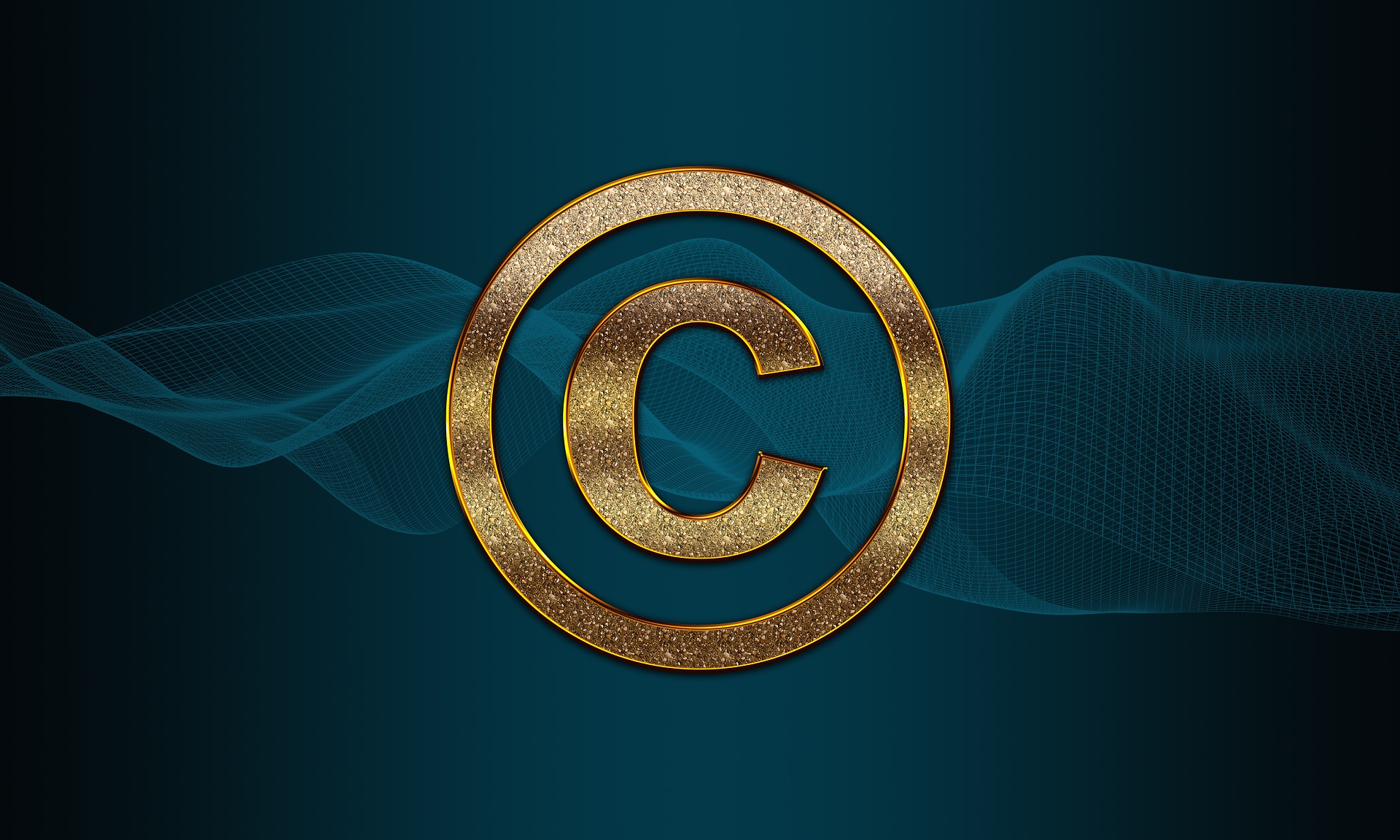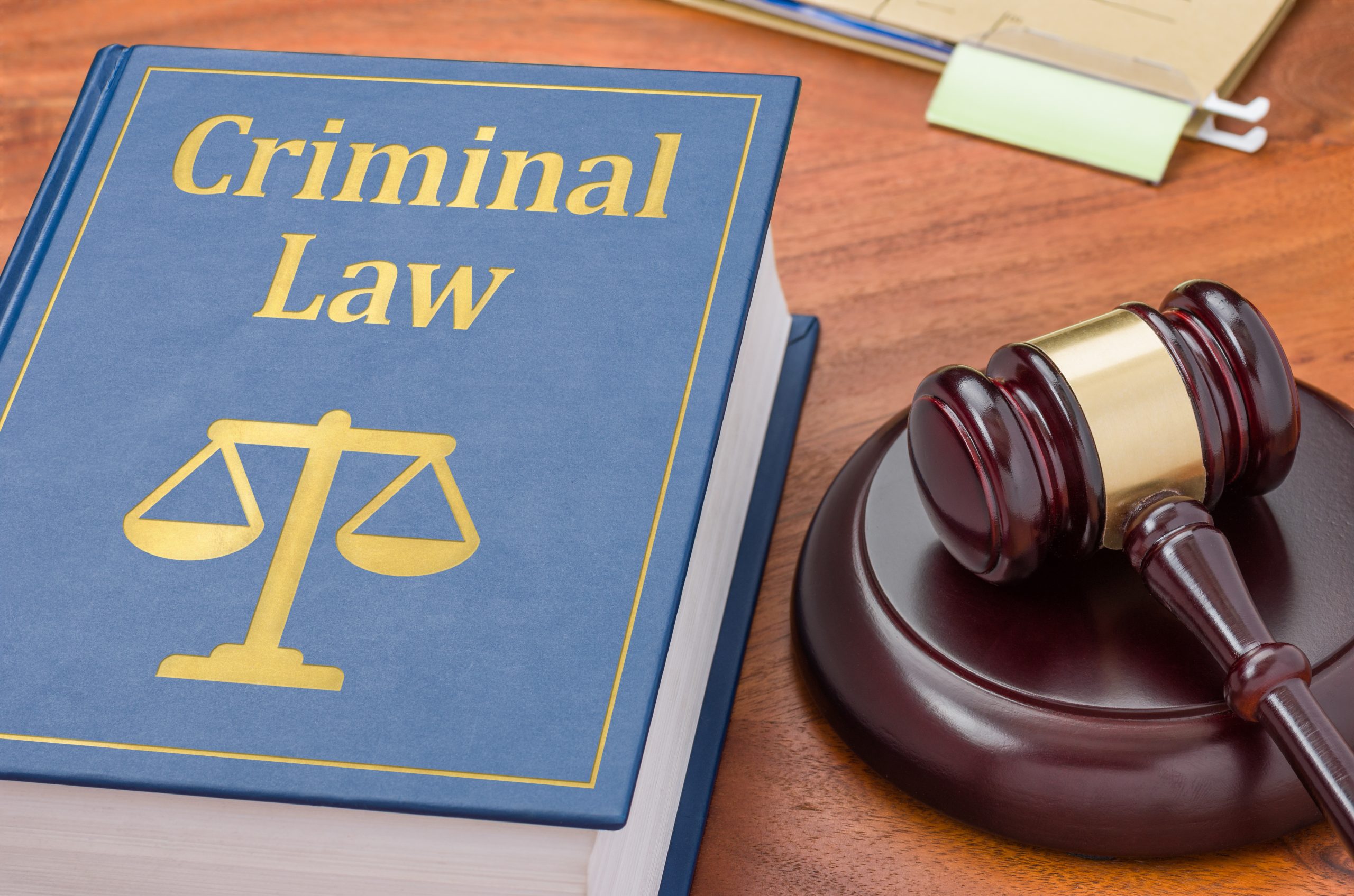
Trademark Application Process: Here’s How To Do It Properly
August 23, 2021
Four tips to hiring a criminal lawyer
August 29, 2021When it comes to insurance, no one size fits all. That’s why there are hundreds of insurances available out there to cover your different types of needs.
You can divide insurance into two main categories: personal and business. And under those categories, there are different kinds of insurance. See them below:
Personal Insurance
- Life Insurance
- Accident and Critical Illness Insurance
- Home and Content Insurance
- Income Protection Insurance
- Tenant Insurance
- Landlord Insurance
- Lender’s Mortgage Insurance
- Travel Insurance
- Motor Vehicle Insurance
Business Insurance
- Public Liability
- Professional Indemnity
- Management Liability
- Farm Insurance
- Cyber Insurance
- Key Person Insurance
- Business Interruptions
Now let’s get to the meat of this article.
The Insurance Process
Claiming insurance can be a long and uphill battle. Generally, you can divide this process into five stages.
First Stage: The Incident
The incident is what we call an insurable event. Let’s say you own an insured home, the insurable event could be when your house is flooded, or when it catches fire, or as simple as when a window is broken.
Second Stage: Claiming Process
The claims process is basically the first step in recovering the insurance after the insurable event. And the first thing that you should do is to pick up the phone and contact the insurance company.
But don’t rush it. Gather yourself and make sure that the call goes smoothly. Take note of these tips:
- Be calm
- Prepare a short chronology of what happened
- Provide just the facts
- Do not mention any irrelevant information that won’t help your case
Ideally, you should contact a lawyer first before talking to the insurance company to help you smoothen out all the statements.
But not everyone can afford a lawyer, or the call was an immediate one required by the insurance company. So the best that you can do is to keep in mind that your call is probably recorded, and they can use all the statements against you.
Once the call is done, the insurance company will begin identifying which claims could be denied. The company may also start an investigation to prove or deny or claim.
Third Stage: Internal Review Process
It’s required by law that the insurance company must have internal review processes. It’s necessary especially if they denied your claim.
The review process may be conducted by an employee of the same company but not the same person that was originally handling your case.
Unless the decision to deny your claim was evidently wrong, insurance companies don’t normally change their first decision.
Fourth Stage: External Review Process
If you’re still not happy with the second decision, you can proceed to the fourth stage. In this phase, the Australian Financial Complaints Authority will try to resolve the issue between you and the insurance company.
They will try to facilitate a negotiation that might end up in a compromised agreement between the two parties.
If the AFCA decides that the insurance company should cover your insurance, the company must comply. But if AFCA determines that the insurance company doesn’t have to cover you, you are not bound by that decision.
You can still proceed to Stage 5.
Fifth Stage: The Court Process
Basically, you have a contract with the insurance company. So you will bring this issue to the court with the premise that the company breached that contract by failing to compensate you.
And for you to win this case, you might need a solid team to back you up. So contact Gibbs Wright Litigation lawyers today if you’re about to embark on the process of claiming your insurance coverage.





